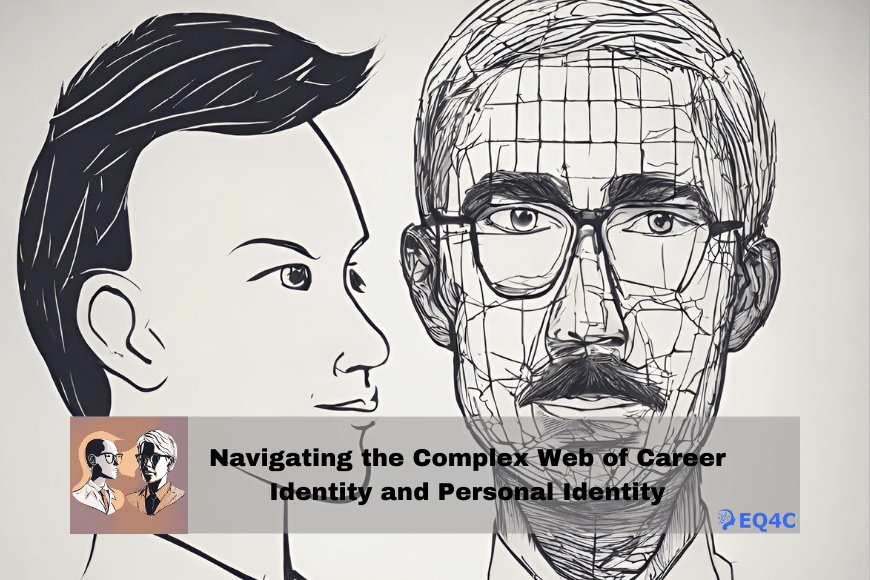Job Interviews – 18 Types Every Job Seeker Must Know

Employers can conduct job interviews in various ways, including behavioral, formal and informal interviews.
These are the most important interviews for job seekers. However, there may be other interviews that you have had throughout your career. These interviews are related to employment and include mock interviews, exit interviews, and informational interviews.
Here is the list of important types of interviews:
Behavioral Job Interviews
Interviewers use behavioral-based interviewing to assess how you have handled different job situations in the past. They can use your past behavior to predict how you will act in the new position. There won’t be many “yes” or “no” questions. You will need to respond with an anecdote from experience in most cases.
Case Interviews
Interviews in which the interviewer gives you a business scenario and asks you how you would manage it are known as case interviews. These are most commonly used for investment banking and management consulting interviews. They require you to demonstrate your problem-solving and analytical skills.
Competency Based Job Interviews
Interviews where you are required to show examples of skills are called competency-based or job-specific interviews. Interviewers will ask you questions to help determine if your skills and knowledge are necessary for this job.
Exit Interviews
An exit interview is an informal meeting between the employee who has resigned/terminated and the company’s Human Resources Department. Companies conduct these types of interviews to learn about the company’s work environment and provide feedback. It is possible to be asked why you are leaving your job and why you are taking on a new position. These tips will help manage an exit interview and allow you to move on with grace.
Final Interviews
The final interview is the final step in the job interview process. This interview will determine if you get offered a job. This interview is typically conducted by the CEO and other upper management members. It is important to treat a final interview as seriously as any other interview. Just because you were asked to interview for a final job does not mean you have been offered the job.
Group Interviews
Employers often conduct group interviews because they are more efficient than one-on-1 interviews. One type of group interview involves a panel of interviewers interviewing a candidate. The other involves one interviewer interviewing a group of applicants.
Informal Job Interviews
Hiring managers may start the interview with an informal, relaxed conversation. This conversation is casual and less formal than a traditional job interview. Like the above, a casual chat over a cup of coffee is another type of job interview.
Informational Interviews
Informational interviews gather information about a job or career field, company, and industry. You are the interviewer in this instance and find people to talk with to learn more about the field.
Mock Interviews
Mock interviews allow you to practice your interview skills and get feedback. You can do a mock interview with a friend, family member, or counselor at a university career office. However, it will provide the best feedback.
Off-site Interviews
Sometimes, employers schedule interviews at a public location such as a coffee shop or restaurant. Maybe there’s no local office, or they don’t want employees to hear about the possibility. It’s a good idea to be ready for interviews off-site.
Interview on-the-spot
Sometimes, you may be asked to interview on the spot immediately after submitting your application. You might also hear from a company (typically in hospitality or retail) holding open interviews at a particular date. These situations are where hiring personnel uses on-the-spot interviews to screen candidates and decide who should be included in the next stage of the recruitment process.
Panel Interviews
Panel job interviews are when a group of interviewers interviews an aspiring candidate. Each panel member may be interviewed separately or together. Sometimes, there will be both a panel of interviewers and a group of applicants in one room.
Telephone Interviews
You may be actively looking for work, but you might need to be ready for a quick phone interview. Many companies will schedule your phone interview. It may be an unscheduled call. It doesn’t matter what case it may be, and you should be prepared to ask or answer interview questions via the phone.
Restaurant Interviews
Employers often take job applicants out for lunch or dinner to assess their social skills and see if they can handle pressure well. When you attend a job interview at the restaurant, they will observe you minutely. So use your best table manners and choose food that isn’t too messy. Make sure you wear proper attire to interview over a meal.
Second Interviews
Congratulations! You have just received an email or phone call inviting you to schedule another interview. The second interview may last several hours and will be more in-depth. Interviewers will ask more questions about your experiences and how they would like to work with you.
Structured Job Interviews
Structured interviews are used when employers want to compare candidates and assess them objectively. The interviewer will ask all candidates the same questions. The employer may ask specific questions about the experience and skills required.
Semi-structured Job Interviews
Semi-structured interviews are those where the interviewer doesn’t strictly follow a set of questions. Interviewers will instead ask open-ended questions that allow for conversation and not a straight answer.
Unstructured Interviews for Jobs
Unstructured interviews are job interviews in which the questions can be modified based on responses. Although the interviewer might have some questions in mind, the interviewee will not be asked any specific questions. Instead, questions will flow according to the conversation. Interviews that are not structured can be seen as less intimidating than formal ones.
Video Job Interviews
You might have applied for remote jobs or are interviewing for a job in another country. Video interviews are common thanks to software programs like Skype, Zoom, and FaceTime.
Tips to Ace an Interview
It doesn’t matter what type of interview you participate in, and you won’t know what to expect until it starts. Still, it is important to take time to prepare for the interview and practice answering common questions that employers ask.
Do you know which are the most important soft skills employers are looking for, Read our page on soft skills to put on resume
Download our free comprehensive eBook – How to Answer 64 Toughest Job Interview Questions





